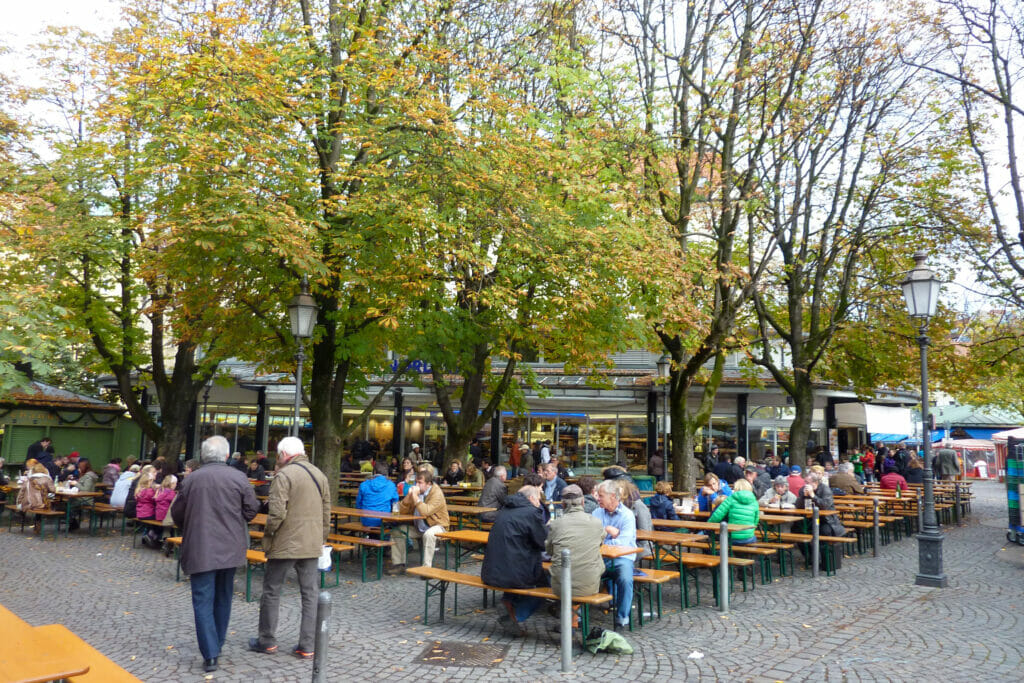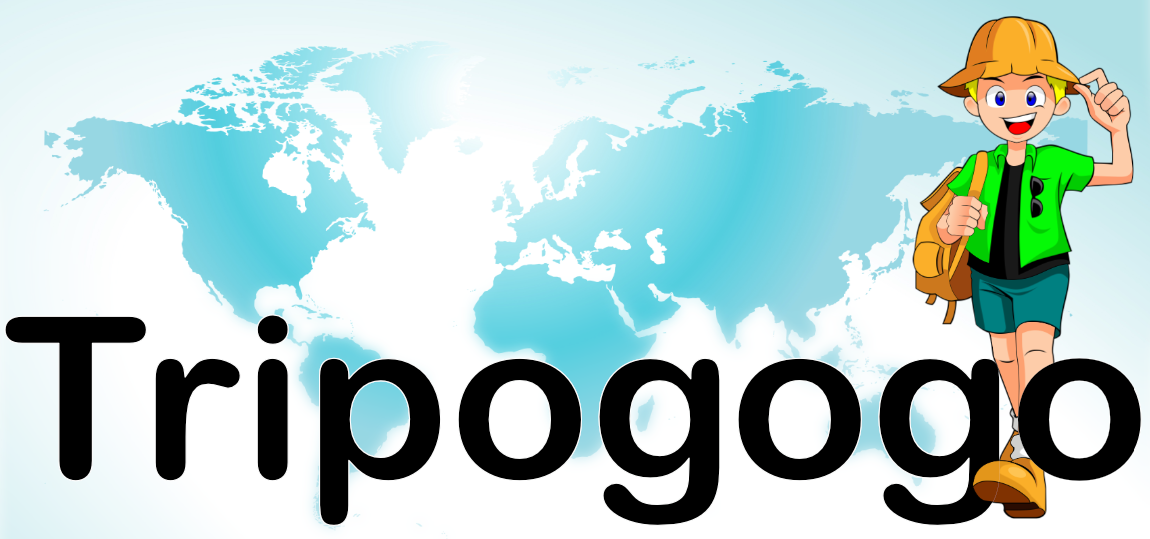Munich Travel Guide
Founded in 1158, Munich, literally meaning Monk, is the capital and third largest city in Germany. It all started out as a monastery, and further developed into a settlement when the Duke of Bavaria gave the monks permission to build a market at the crossing of the route from Salzburg and the River Isar.
Remarkably, Munich is Germany’s wealthiest city and is reputed worldwide for not only its ever-growing tourism industry but also its colorful festivals. The city has a rich monarchic past and a turbulent 20th century.
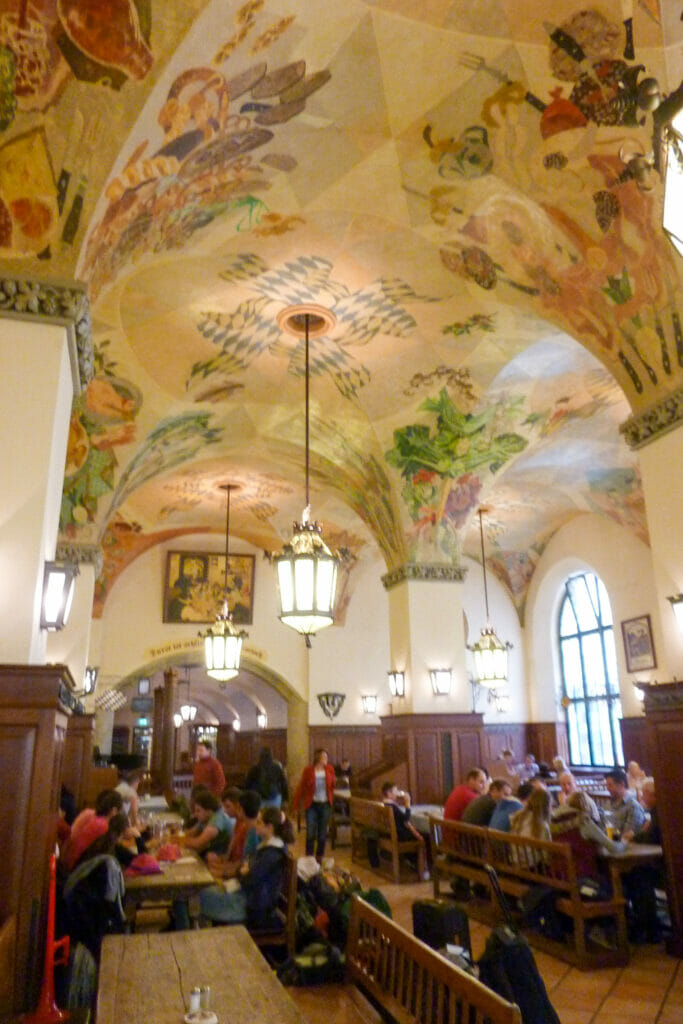
There is plenty of things to see and do.
Besides its rich history, the city plays host to the world-famous Oktoberfest, the biggest folk fair on the planet. Millions of people travel to Munich annually to participate in the event. A massive, spacious field is turned into a fairground with many different tents operated by various local breweries. It is time to drink your heart away. Also, there is plenty of food, including typical Bavarian fares such as roast chicken, pretzels, and gingerbread.
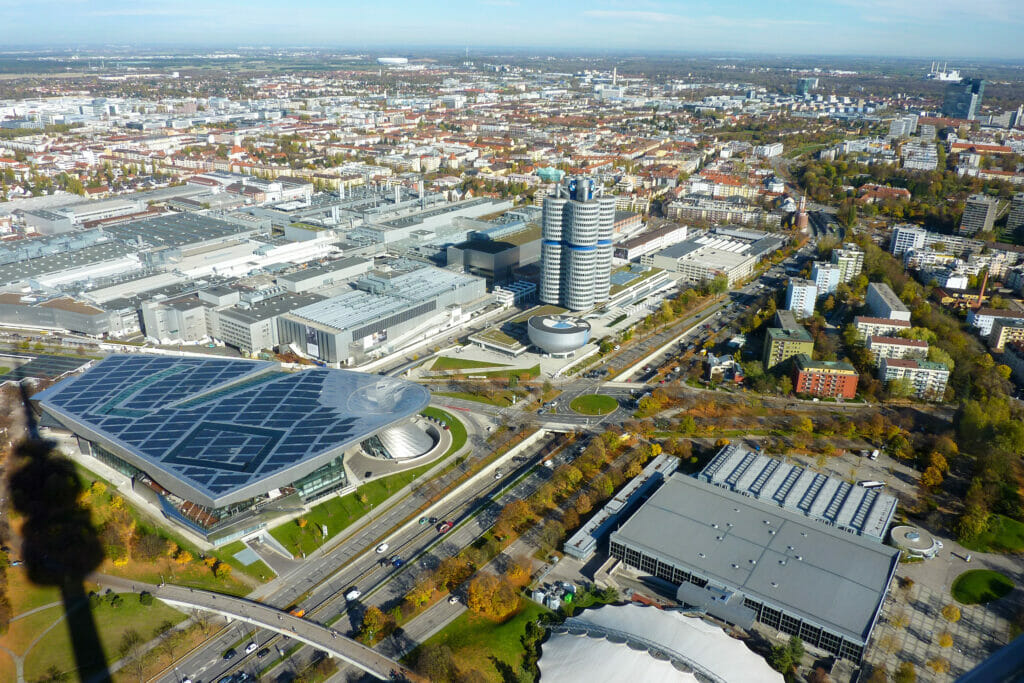
Why Go to Munich
Munich offers an eclectic mix of traditional and modern. Perhaps it’s this dual personality that draws visitors from far wide. Nestled on the Bavarian Alps and located right next to the River Isar, Munich is full of charming natural beauty and yet its streets are glittering with lots of man-made marvels which can be seen in the many colorful retail stores and sparkling BMWs. As a matter of fact, you should visit if you truly want to experience a blend of ancient traditions and modernity in one location.
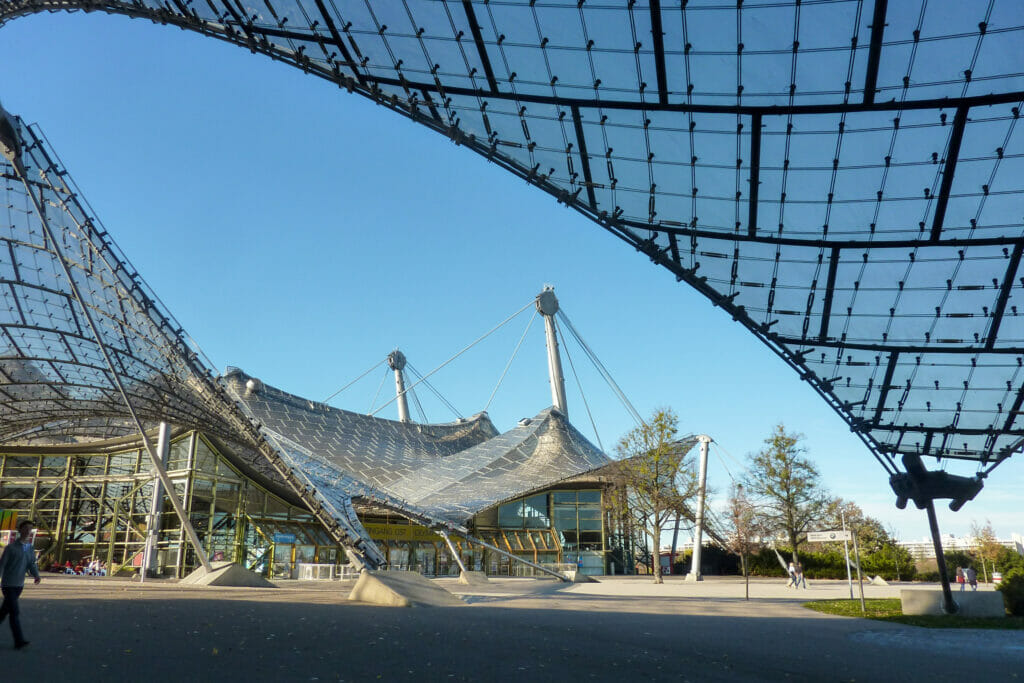
Things to do
- Your trip to Munich will be considered incomplete without visiting one of the many popular beer halls such as Paulaner or Hofbräuhaus
- If you’re planning to visit Munich during winter, shopping at Christkindlmarkt, the city’s popular holiday market, is a must-do activity for all.
- And during the summer months, the city plays host to a wide range of open-air events, giving visitors more insights into the rich German cultural tradition.
- Explore the many different squares and monuments scattered all over the city. These include the Olympic Tower, Isartor, Odeonsplats, and of course Marienplatz, the focal point of Munich’s historic inner city
- Locals and residents alike enjoy the many public parks and gardens in Munich, of which the English Garden covering over 900 acres is a standout.
- Religious sites are also in abundance including Asamkirche, Frauenkirche, St Peter, and St Ludwig

With plenty of things to see and do, you should expect to spend a few days getting the most out of your trip.
Top tourist attraction Marienplatz
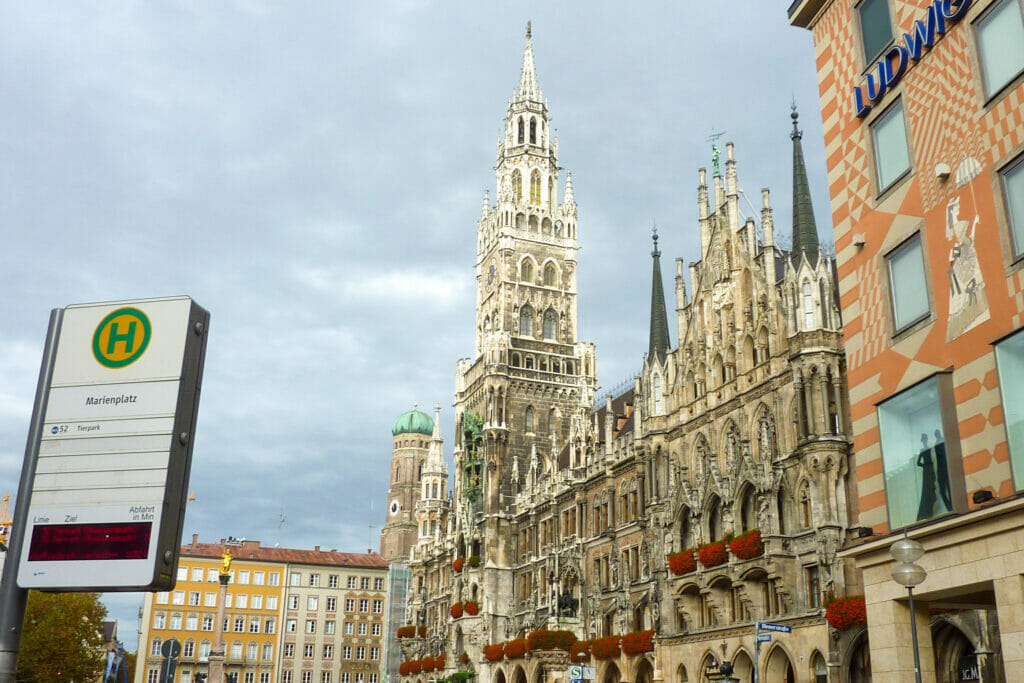
Marienplatz, the massive-sized, open square is a significant landmark in Munich. It is the site of a medieval jousting tournament and a place where locals and visitors alike watch as the animated clock plays out its legend thrice a day at 11 am and noon and at 5 pm. Also, on this ground are several fascinating attractions. Here you will find the Neues Rathaus (New City Hall), and the Altes Rathaus (Old City Hall). Other places of interest include the Mariensäule, a towering column to the Virgin Mary which dates back to 1638, and the Fischbrunnen, one of the latest fountains in the large open square. Home to lots of shopping centers and eating places, Marienplatz is the focus of festivals and other great events hosted in the city.
To get a real taste of Munich, get up close and enjoy life with the locals. Of course, if you do want to get a firsthand experience of the true German tradition as well as drinking as much beer as possible, then don’t miss the popular Oktoberfest in late September.
Munich is a clean city and plays a significant role in Germany’s rich historical past. Familiarize yourself with how the elites spend their day and live their lives. Though it is an expensive city, Munich is, without a doubt, a beautiful travel destination worth visiting, particularly during the world-famous Oktoberfest.
